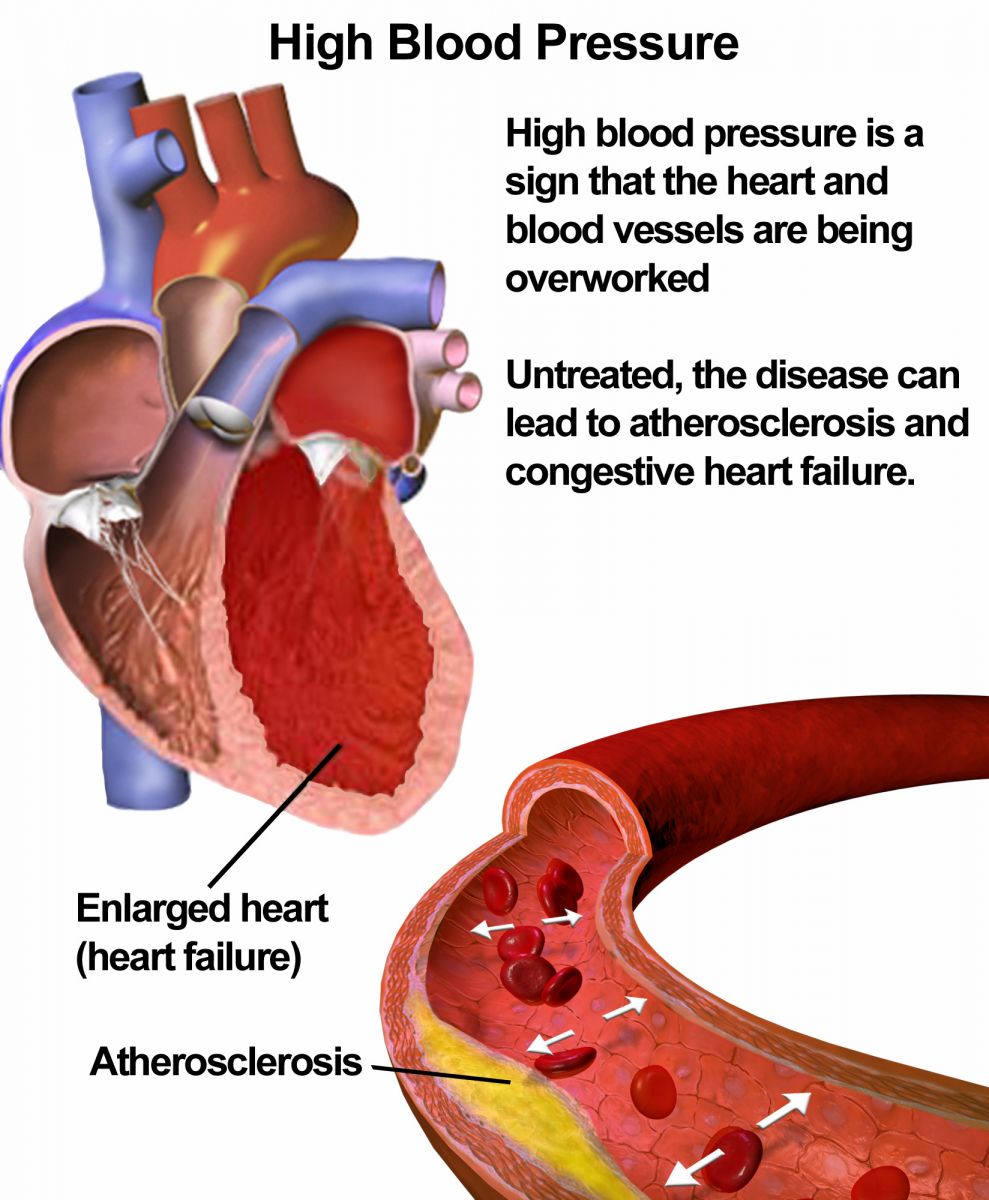Firibastat (QGC001), the Future Drug for Hypertension.
Source: Staff Writer, Thailand Medical News Jan 01, 2019 6 years, 6 months, 1 day, 2 hours, 39 minutes ago
Firibastat By Quantum Genomics is an oral antihypertensive drug that has proved to be safe and effective and well-tolerated in the NEW-HOPE, a phase 2b clinical trial focused on an understudied and underserved patient population composed largely of overweight or obese, high-risk, hypertensive racial minorities.
Firibastat is the first brain aminopeptidase A inhibitor. It selectively and specifically inhibits conversion of angiotensin II to angiotensin III, which exerts tonic stimulation over blood pressure. Decreased angiotensin III means less release of vasopressin, reduced sympathetic nervous system activity, and increased baroreflex.
In the phase 2b trials,Firibastat lowered systolic automatic office blood pressure, or AOBP, by 9.7 mm Hg compared to baseline readings in patients with arterial hypertension, while lowering diastolic pressure by 4.3 mm Hg. Both endpoints reached P values of less than 0.0001.
“A minimum decrease of 7 mmHg in systolic AOBP represents a clinically relevant benchmark in difficult-to-treat hypertensive patients and this goal was largely exceeded in the NEW-HOPE trial,” said Bruno Besse, Quantum
Genomics’ chief medical officer.
Firibastat, formerly known as QGC001, is designed to slow the production of angiotensin III, a peptide hormone that has been linked to vasoconstriction pathways that increase blood pressure.
The study enrolled 256 overweight or obese patients from populations known to have increased incidence of treatment-resistant hypertension, including at least half from African-American or Hispanic backgrounds. Patients received oral firibastat for eight weeks.
“These results and the magnitude of the observed blood pressure and the outcome of this trial and has shown optimism and the promise of firibastat,” Besse added. The phase 2b top-line data were presented at the scientific sessions conference of the American Heart Association.
Firibastat demonstrated efficacy in all of the study’s subgroups, including by age, sex, ethnic origin and weight, the company said. Larger systolic pressure reductions were seen in obese patients, with 10.4 mm Hg, and in black patients, at 10.5 mm Hg—two populations with higher cardiovascular risks, where angiotensin-converting enzyme inhibitors and angiotensin receptor blockers have been marginally effective and are not typically recommended as first-line treatments, the company said.
In addition, the drug was well-tolerated overall, with the most common side effects being skin reactions and headaches, similar to other classes of antihypertensives. No angioedema or changes in serum potassium or sodium levels were observed, while blood glucose levels and renal function remained stable, Quantum said.
ACE inhibitors and angiotensin receptor blockers have been shown to be less efficacious in ethnic patients. Firibastat, however, had similar effects in both black and nonblack patients. And this is probably one of the main take-away points of the study: This is a drug based on the phenotype of obesity and increased blood pressure, and the drug had efficacy regardless of self-identified race.
Based upon these encouraging results, a pivotal phase 3 clinical trial is being planned in patients with difficu
lt-to-treat or resistant hypertension. Firibastat ia particularly useful as part of a two-drug treatment strategy, probably with the addition of a calcium channel blocker or potent diuretic, since two drugs is the way to go in resistant hypertension.
The lack of a placebo arm in NEW-HOPE was endorsed by the Food and Drug Administration because of ethical concerns surrounding use of a placebo in a high-risk population such as this. Obesity is known to increase the risk of resistant hypertension fivefold. Obesity is more common in blacks and Hispanics, with a prevalence of 47%, than in whites, where the prevalence is 38%.
Reference:https://clinicaltrials.gov/ct2/show/NCT03198793
